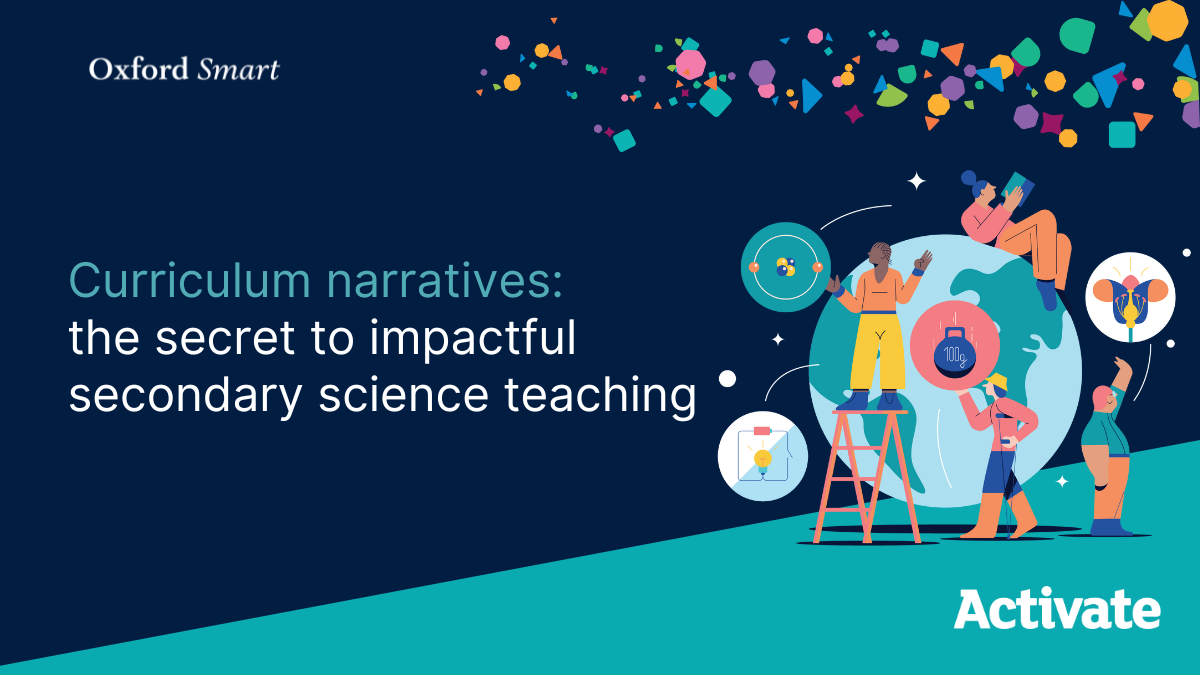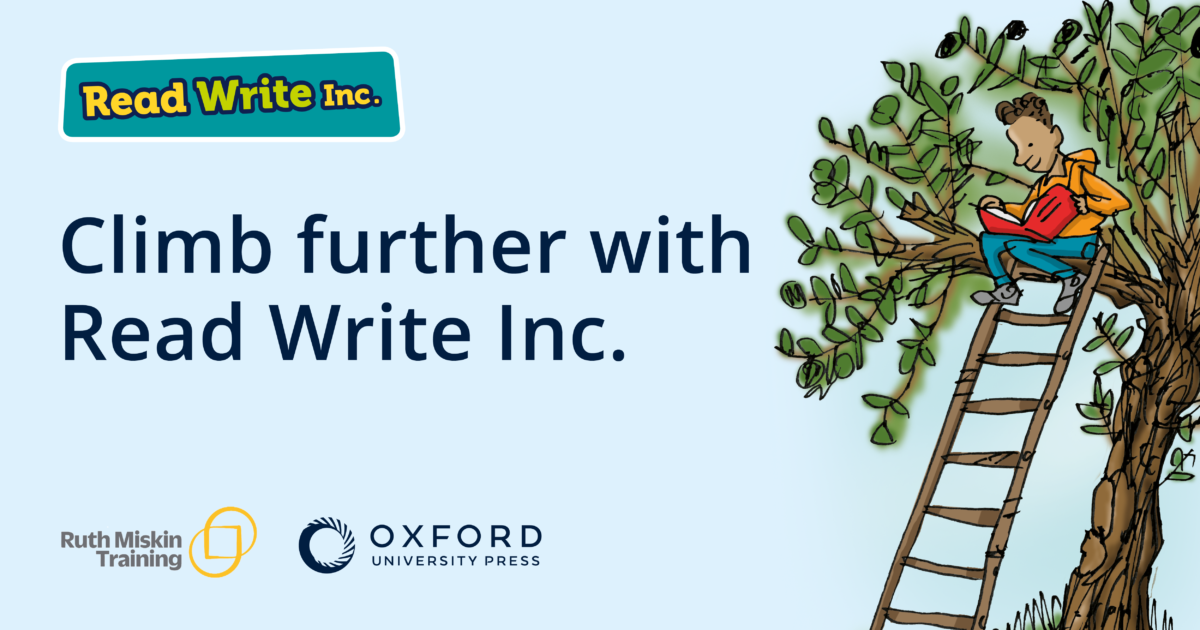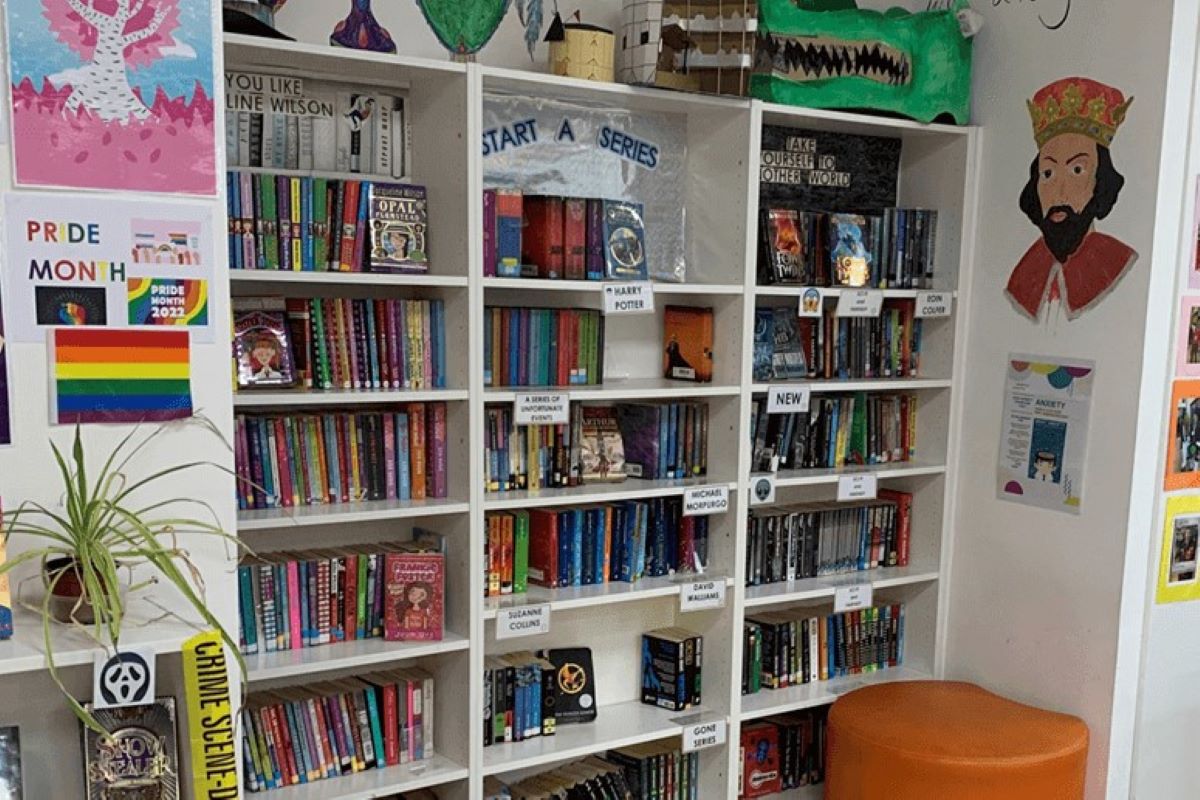
Revision experts Primrose Kitten and Jessica Walmsley discuss three simple steps to revise Science successfully at Key Stage 3.
Read more
Revision experts Primrose Kitten and Jessica Walmsley discuss three simple steps to revise Science successfully at Key Stage 3.
Read more
Andy Chandler-Grevatt explores the important role in teaching and learning. played by curriculum narratives.
Read more
Everyone talks about closing gaps – language gaps, educational gaps, knowledge gaps, cultural gaps. However, research has shown for 50 years that only readers can outrun their background. And the earlier children get on the reading ladder, the more likely they are to become readers. With the right programme and teaching, all children can learn to […]
Read more
An eternal challenge with language learning is bridging the gap between students’ interests and their beginner language level, so what can we do to ensure they stay motivated?
Read more
Discover how BTHCC focused on two areas that have been transformational in changing student attitudes and results in reading levels: the transformed school library space; and the embedding of reading across the curriculum.
Read more
Add some festive twist to your science practicals with downloadable experiments to use with your students in your STEM club.
Read more
Explore levelled reading books to support progression and confidence after the Floppy’s Phonics teaching programme.
Read more
Explore levelled reading books to support progression and confidence after the Essential Letters and Sounds phonics programme.
Read moreStudents learning in the classroom In October 2022, Ofsted published a report on supporting struggling readers in secondary schools after visiting six schools where a higher-than-expected proportion of struggling readers got a grade 4 or above in GCSE English language. In its conclusion, Ofsted notes that: “School leaders understood the need to identify specific reading gaps and weaknesses, and […]
Read moreData often gets something of a bad press in education. It is seen by some as a dehumanising force: reducing real, living students to faceless numbers. However, this is to miss the point of data in education. It is precisely by putting the people to one side – for a moment – that we discover […]
Read more